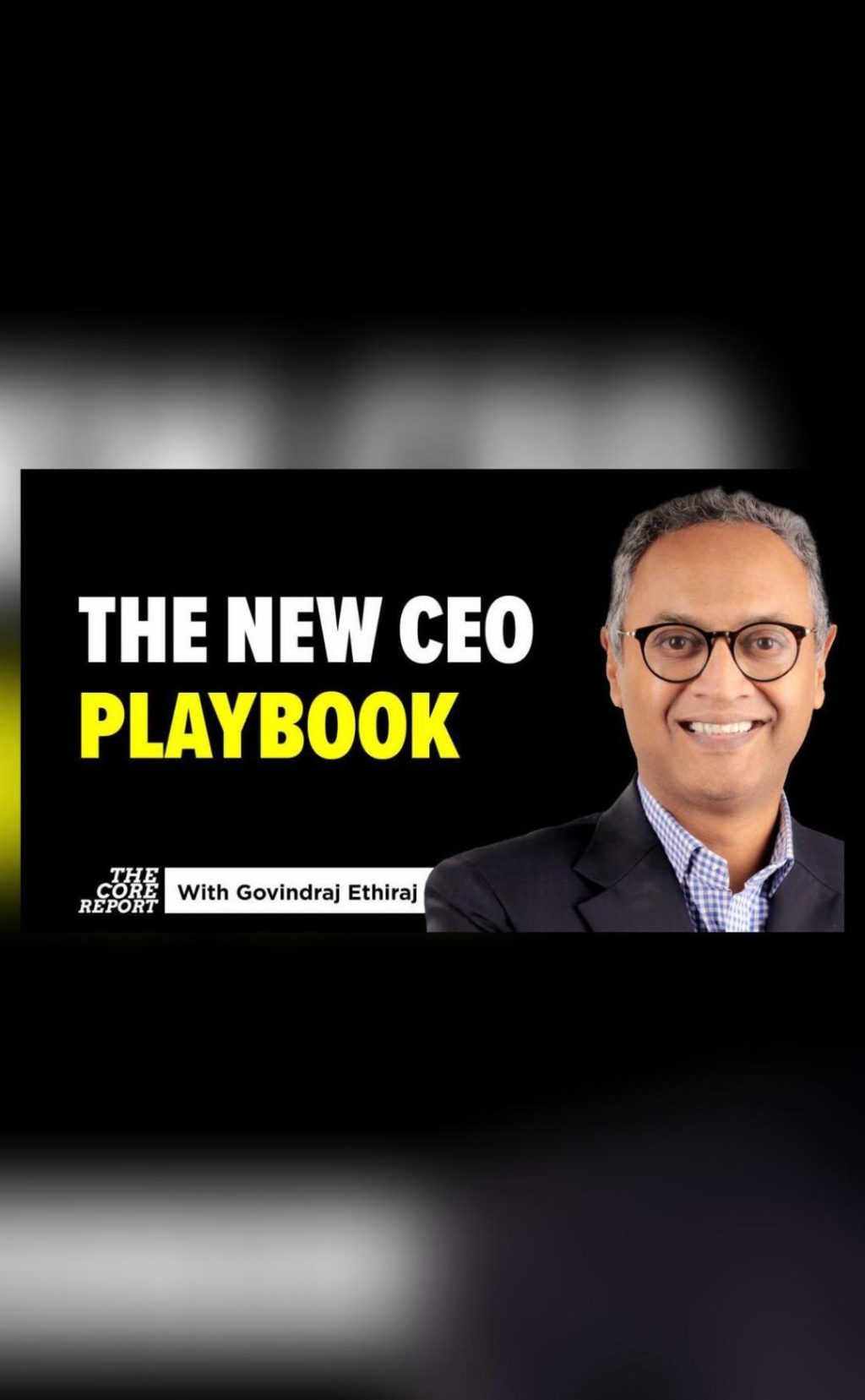
The New CEO Playbook: AI Pressures & Global Tariff Shocks
As the world becomes increasingly interconnected, CEOs face unprecedented challenges in navigating the ever-changing landscape of business. The rise of Artificial Intelligence (AI) and the ongoing trade wars have created a perfect storm of pressures that require business leaders to rethink their strategy and operations. In this blog post, we’ll explore the new CEO playbook and the key takeaways for success in this rapidly evolving environment.
The Rise of AI: A Double-Edged Sword
AI has revolutionized industries, from customer service to manufacturing, and has the potential to increase productivity and efficiency. However, the rapid adoption of AI also presents a significant challenge for CEOs. As companies automate processes, they must also be prepared to retrain and upskill their workforce to ensure they remain relevant in a rapidly changing job market.
According to a recent survey by PwC, 72% of CEOs believe that AI will significantly change the way they do business, but only 23% believe they are fully prepared to adapt to these changes. This lack of preparedness can lead to significant internal pressures, as companies struggle to balance the benefits of AI adoption with the need to maintain a skilled and adaptable workforce.
Global Tariff Shocks: The Impact on Trade
The ongoing trade wars have created a climate of uncertainty for businesses, making it difficult for CEOs to predict and plan for the future. The introduction of tariffs on imported goods has led to increased costs and reduced profit margins, forcing companies to rethink their global supply chains and sourcing strategies.
A recent report by the World Trade Organization (WTO) found that the global trade slowdown is expected to continue in 2023, with trade growth expected to be just 2.5%, down from 3.9% in 2022. This reduced trade growth will put additional pressure on CEOs to localize their supply chains and reduce their reliance on international trade.
The New CEO Playbook
In response to these challenges, CEOs must develop a new playbook that incorporates AI and tariff shocks into their business strategy. Here are some key takeaways for success:
- Localize and Adapt: Companies must prioritize localizing their supply chains and adapting to changing trade policies. This may involve reducing reliance on international trade, increasing domestic sourcing, and developing new partnerships with local suppliers.
- Upskill and Reskill: As AI adoption accelerates, CEOs must invest in upskilling and reskilling their workforce to ensure they remain relevant in a rapidly changing job market.
- Innovate and Automate: Companies must prioritize innovation and automation to remain competitive in a rapidly changing market. This may involve investing in new technologies, such as AI and robotics, and developing new business models that leverage the benefits of automation.
- Diversify and Hedge: CEOs must diversify their revenue streams and hedge against potential risks by developing new products and services that are less reliant on international trade.
- Monitor and Adapt: Companies must remain vigilant and adapt to changing circumstances, including shifts in trade policy and the ongoing evolution of AI.
Conclusion
The new CEO playbook is all about adapting to the rapidly changing landscape of business. By localizing and adapting to changing trade policies, upskilling and reskilling their workforce, innovating and automating, diversifying and hedging, and monitoring and adapting, CEOs can set their companies up for success in this uncertain environment.
As the video from Bloomberg Intelligence illustrates, the future of business is uncertain and will continue to evolve rapidly. However, by developing a new playbook that incorporates AI pressures and global tariff shocks, CEOs can navigate these challenges and position their companies for long-term success.
Source:






